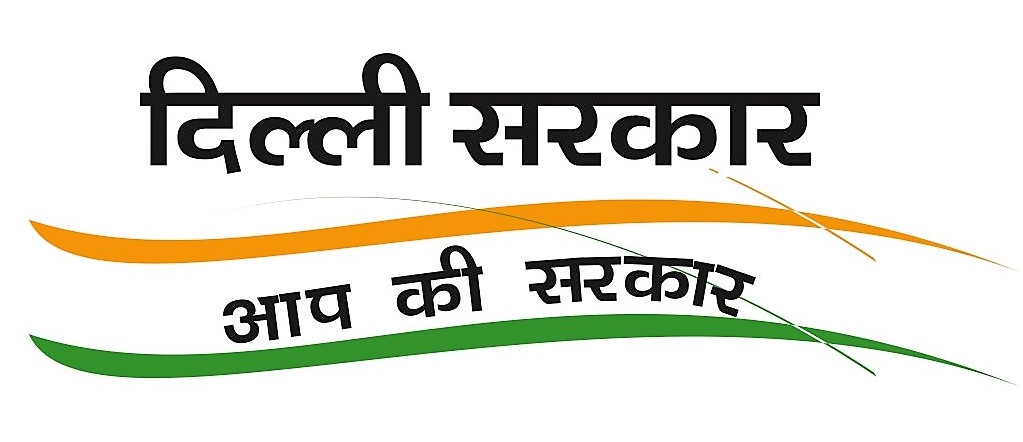
Recently cases of Glanders among equine population have been reported in Delhi State. Office of the Director, Animal Husbandry Unit, Delhi has informed that samples of 40 equines are found positive till date. Therefore it is advisable to strengthen surveillance to detect any suspected cases of Glanders disease among handlers and persons who come in close contact of equine population.
Lack of awareness among horse and donkey owners and general public can cause further spread of disease therefore strict implementation of ongoing policy comprising of health education and community awareness is must.
- Glanders is a infectious zoonotic disease primarily affecting horses, donkeys and mules. It is caused by Gram-negative bacterium, Burkholderia mallei. It is rare disease in humans with cases having occurred in veterinarians, other people working closely with horses, and laboratory workers handling the organism.
- Despite many reported cases of the disease in equines, no human case of glanders has been reported in India till date.
- Occupation exposure is the main risk factor to veterinarians, farmers, horse traders/ fanciers, laboratory workers, and other persons who are closely associated with equines or handling the organism.
- mallei is transmitted to humans through contact with tissues or body fluids of infected animals. The causative organism is present in nasal exudates and discharges form ulcerated skin of infected animals. The bacteria enter the body through cuts or abrasions in the skin and through mucosal surfaces such as the conjunctiva and nose. The infection may occur by inhaling infected aerosol dust. Animal-to-human and human-to-human transmission of glanders is rare.
- The clinical symptoms of glanders in humans are non- specific therefore accurate diagnosis and treatment is difficult. The symptoms in humans include low- grade fever and chills, malaise, fatigue, myalgias, backache, headache, rigors, chest pain and lymphadenopathy.
- Personnel in close contact with the diseased animals should follow high standard of personal safety, hygiene and strict antiseptic measures.
DO’S AND DON’TS
- Isolate the animal suspected for glanders.
- Do not mix sick and healthy animals.
- Keep feeding and watering trough separate for sick and healthy animals.
- Do not share feeding/ watering troughs between healthy and suspected sick animals,
- Bury the left over feed/ fodder rejected by the sick animals.
- Do not throw in open, the left over feed and fodder left by the sick animals.
- Separate persons should handle sick and healthy animals.
- Immediately move the sick animals to designated isolated place.
- Bury the dead animal deep underground at the designated place.
- Do not allow the same person to handle sick and healthy animals.
- Keep close watch for symptoms like nasal and eye discharges, respiratory distress and skin sores among the animals.
- Do not touch eatables without washing hands properly.
- The Veterinary Officers or personnel involved in the animal handling for sample collection or animal burying should use personal protective equipment (PPEs).
- Do not mix up the recovered ponies with the healthy stock.
- Wash hands with soap and water every time while handling suspected animals/ feed/ water through etc.
- Do not open the carcasses for necropsy in case of death due to glanders
- All sheds be disinfected with suitable disinfectants such as benzalkonium chloride, iodine, mercuric chloride, potassium permanganate, 1% sodium hypochlorite, 70% ethanol and 2% glutaraldehyde etc.
- Do not keep healthy stock in sheds used by sick animals.
- Clean the contaminated materials with solution of 1 part household bleach (0.5% sodium hypochlorite solution) to 9 parts water.
- Do not touch nasal/ wound discharges of infected animals/ human beings. These may contain disease bacterium
- Personnel having wounds, scratches and abrasions on hands should never handle sick animals.
- Do not handle the animals if you have small cuts or wounds on hands & arms.
- Awareness programmes about glanders to be carried out regularly.
- Do not reuse bedding and other gear of infected animal.
When expressing your views in the comments, please use clean and dignified language, even when you are expressing disagreement. Also, we encourage you to Flag any abusive or highly irrelevant comments. Thank you.


1 Comment